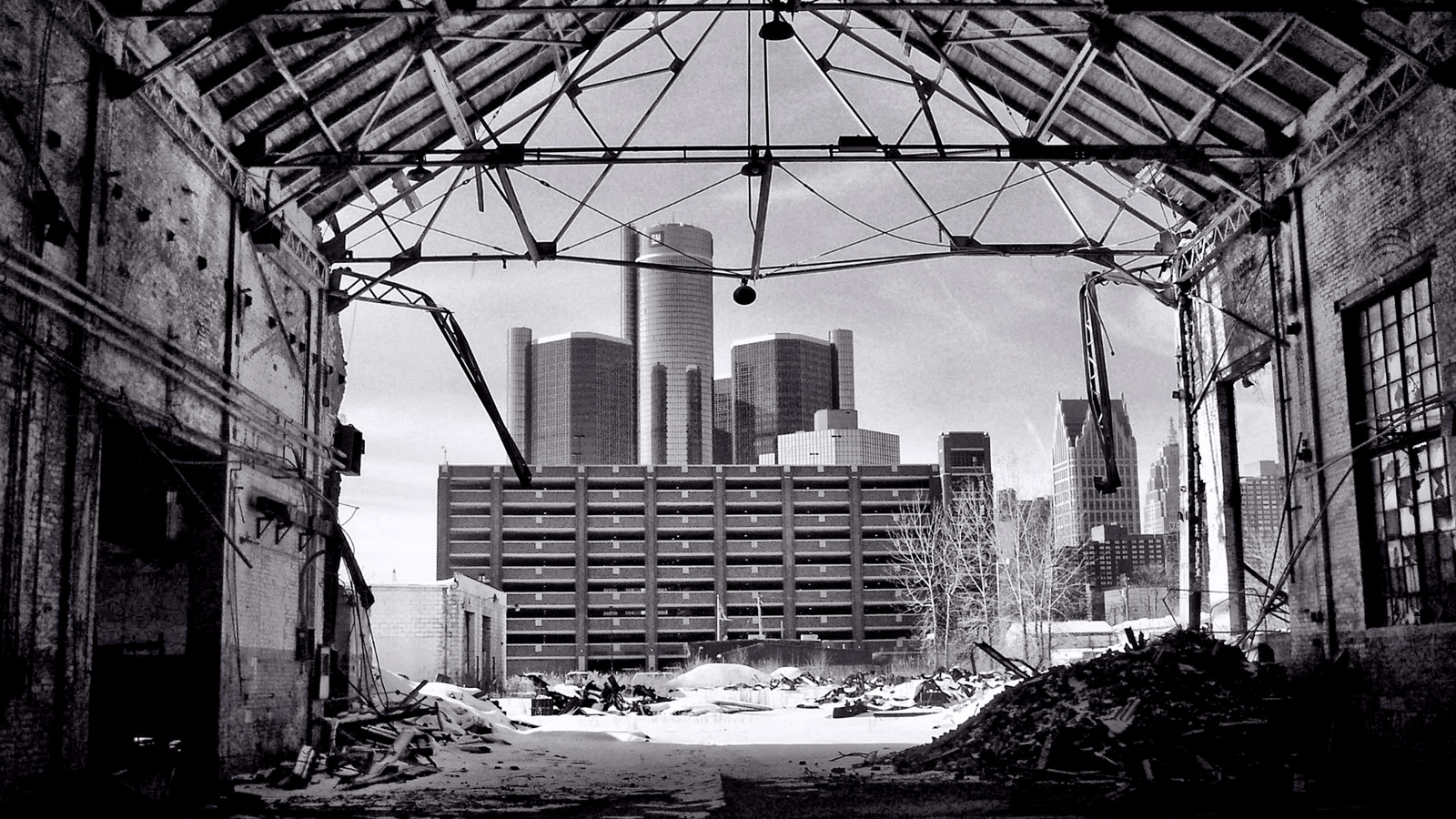When my sister left Detroit and moved to Portland, she would call me sometimes when she tired of people’s escape-to-Detroit fantasies. “I hear,” she would say, deadpan, “that you can buy a house in Detroit for a thousand dollars.”
“That’s amazing!” I would squeal into the phone. “A thousand dollars? Imagine how easy life would be for me there!”
“Yes,” she would say, “A thousand dollars.”
I was reminded of this when The Economist, of all places, laid out the financial reality of living in Detroit. Yes, the city is “one of the only cities in the rich world where it is possible for someone on a fairly modest income to buy a street,” the reporter wrote. However, “even for relatively well-off yuppies who are gradually gentrifying some parts of the city, cheap housing is only barely compensation for other costs.”
For those of us who are not relatively well-off yuppies, living in Detroit is even harder. Sure, you can buy a house in Detroit for $1,000. Hell, you can buy a house for $500. It will not come with plumbing, electrical wiring, a furnace, or a roof. For those luxuries you have to pay more like $30,000. And you will have to pay that in cash, because getting a loan to buy a house in Detroit is not easy.
This is why a lot of people rent – as my sister did. For most of the time she lived in Detroit, her rent was about $200. But there were all kinds of extra costs built into it.
Here’s what else she had to pay for:
- A car, because Detroit is bigger than Boston, San Francisco, and Manhattan all put together, and because most jobs, including hers, were in the suburbs.
- Car insurance, which was expensive because Michigan has some of the highest car insurance rates in the country and Detroit has insurance rates that are two or three times that of the surrounding suburbs.
- Detroit taxes, which were higher than the taxes in the suburbs.
- Gas for the car, because Detroit is bigger than Boston, San Francisco, and Manhattan all put together.
- Fixing the car, especially the windows, which tend to get smashed.
- Paying for parking tickets, since the city was so desperate for revenue that it would ticket you whether you were illegally parked or not.
- Heating bills, which could be catastrophic, especially if a group house acquired a roommate who, say, left a space heater on all the time.
- Water bills, ditto.
Around the same time that my sister was living in Detroit — 2002 — I moved to San Francisco. And I was surprised to realize that, while my rent was about three times what she was paying, our costs of living weren’t that different. I didn’t have to have a car. Because the minimum wage was higher in San Francisco, and there were more jobs to go around, I made more money — but somehow my taxes were still lower than they had been in Michigan. For the first time in my life, I could afford health insurance. College was so cheap compared to Michigan that I often wished that I’d had the sense and the nerve to move to California right out of high school.
For now, at least, the not-so-unaffordable San Francisco that I moved to has vanished. But the traits it once had — that combination of a dense, walkable urban area; a rental market that adept bargain-hunters could still penetrate; and access to tolerable public transit — live on in other cities. In the same way that baby boomers and Gen Xers adapted to declining incomes by becoming two-income households by default, millennials took the harshness of trying to get by on low wages and student loan payments and turned it into a faintly glamorous, DIY lifestyle of bicycles and Mason jars full of bean salads. But how long can that last? Once young people are priced out of the old industrial cities that are the last bastions of affordability — the Providences and Philadephias — what’s next?
My sister and I were not unusual in leaving Michigan. The state still loses about 40 percent of its college graduates every year — most of them to Chicago, the bizarro-world copy of Detroit that made many of the same mistakes but never tore out its public transit system. This summer, when I visited Detroit, Woodward Avenue was torn up for the first stages of a partial rebuild of the streetcar line that once ran up and down Woodward Avenue. The project was boosted — and partially subsidized — by Dan Gilbert, a dot-com billionaire with significant investments in real estate downtown.
This may be the future of Detroit: a redevelopment that will play out like the building of pre-interstate, early 20th-century Los Angeles, where transit projects were driven — and often subsidized by — developers who thought transit would boost real-estate values.
All of which is not to say that right now, in its current state, Detroit is a bad place to live. It’s great in many ways. It’s surprisingly bikeable. (One person explained this to me as a combination of Detroit drivers being very alert to the presence of any strange objects in the road ahead, and having more empathy than the average driver for a person without a car, since 26 percent of Detroiters don’t have one.) Housing is cheap. The music scene is second to none. I have met enough people living in two rooms of a mansion they bought at auction for a few thousand dollars, farming the vacant lots next door and across the street, using a composting toilet because someone stole the plumbing out of their house for scrap, to know that for the right person — gregarious, good at making friends with neighbors, financially secure enough to handle the curveballs that Detroit can throw you — the city is its own kind of paradise. It’s just not the bargain-basement utopia that dreamers in other cities imagine.



